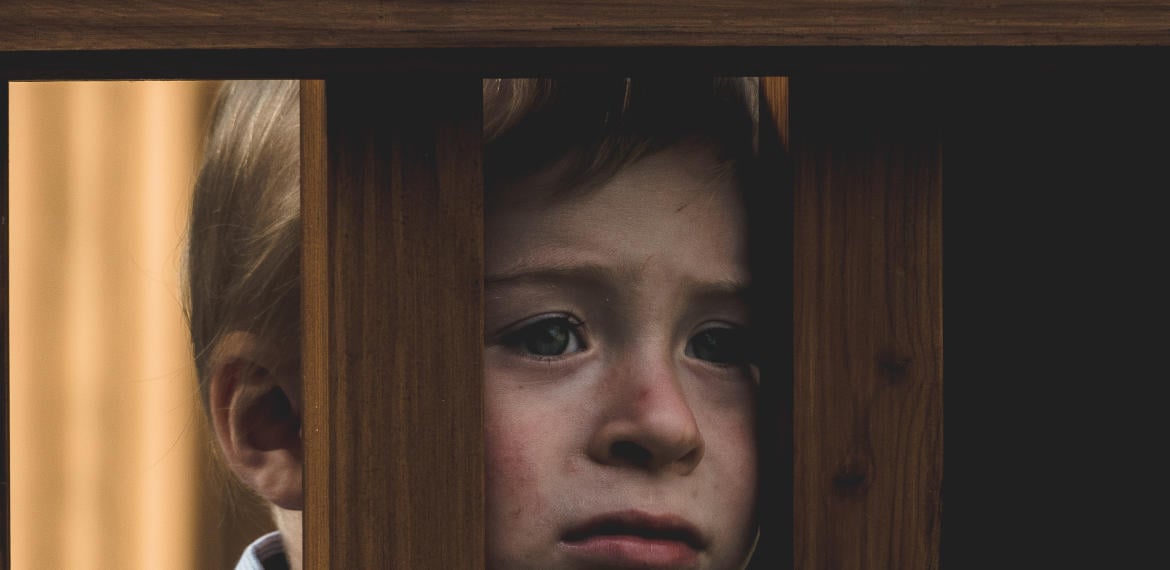
Why We Hide Behind Humor
Have you ever been with a friend and they make a joke, and you are unsure if you should laugh or not? How, then, there is a moment of awkwardness and uncertainty on how to respond? Your friend may be struggling with something but unsure how to ask for help. It is common to turn to humor as a coping mechanism in distress. It's a way to escape the weight of our emotional pain for a moment and bring some light to our lives. However, have you ever stopped to consider how making these jokes might impact the longer term process of healing?
Defense Mechanisms
While jokes can provide temporary relief and even help foster a sense of camaraderie with others who are also going through tough times, making light of our emotional pain can hinder our ability to truly heal.
One reason for this is that jokes about emotional pain can serve as a defense mechanism, allowing us to distance ourselves from our genuine emotions instead of facing our pain head-on and creating an opportunity to process it. When we deflect with humor, it may provide temporary relief. Still, it prevents us from addressing the root cause of our pain and finding support.
Is it common for people to do this? Absolutely! Making jokes about our pain does not have to always be unhealthy. However, there is a difference between making a joke out of pain that has been addressed or dealt with and humor enabling us to avoid the present distress. When we joke about the pain that has not been addressed, and others play along or find it funny, this signals us, "Oh, it's not that big of a deal. They think this is funny too, so it's not as serious as I think." The problem with this is that the people laughing may actually be uncomfortable themselves or do not know that this is actually something that needs to be addressed. This form of camaraderie can create an unknown pattern of enablement.
Emotional Avoidance
Another problem with making jokes out of our pain is that it can perpetuate a culture of emotional avoidance. When we make light of our struggles, we communicate to ourselves and others that it's not okay to feel and express difficult emotions. This can make it harder to seek support in the future because it creates a barrier to seeking help and receiving the support we may need.
As mentioned above, making jokes about our emotional pain can unintentionally downplay the severity of our challenge. We may brush off our pain as trivial or insignificant when it requires professional intervention or further exploration.
It's important to remember that healing is a complex and individual journey. While humor can play a role in coping, finding a balance is crucial. It's essential to allow ourselves the time and space to feel our emotions fully without using jokes as a crutch. We can take the necessary steps to heal by acknowledging and validating our pain.
Humor and Healing
So, the next time you find yourself tempted to make a joke about your emotional pain, pause for a moment and assess whether it's genuinely helping or hindering your healing process. Embrace your vulnerability, seek support when needed, and remember that true healing comes from confronting and processing our emotions rather than sweeping them under the rug with a joke.
I specialize in treating disorders that affect the mind and body, including anxiety, depression, disordered eating, and addictive behaviors, as well as adolescent, family, and couples’ issues. Learn more about my group’s creative, collaborative practice at Lifeologie Counseling Austin or request an appointment with me to begin breaking down your defense mechanisms on your journey to heal. Outside of Texas, you can search for a therapist near you using our location tab above or by clicking here: Find A Lifeologist Near You.

About Calvin Burns
Calvin Burns, MA, LPC, LCDC-I, earned his BA in Psychology with a minor in Human Development and Family Studies from Texas Tech University and earned his Master's in Counseling from Dallas Theological Seminary. He specializes in disordered eating, addictive behaviors, depression, anxiety, parenting support, adolescents/emerging adults, and couples counseling. He brings unwavering hope to his clients, and firmly believes that people can change and their stories can be rewritten. He sees adolescents, young adults, adults, couples and families at Lifeologie Counseling Austin.
Meet Me



